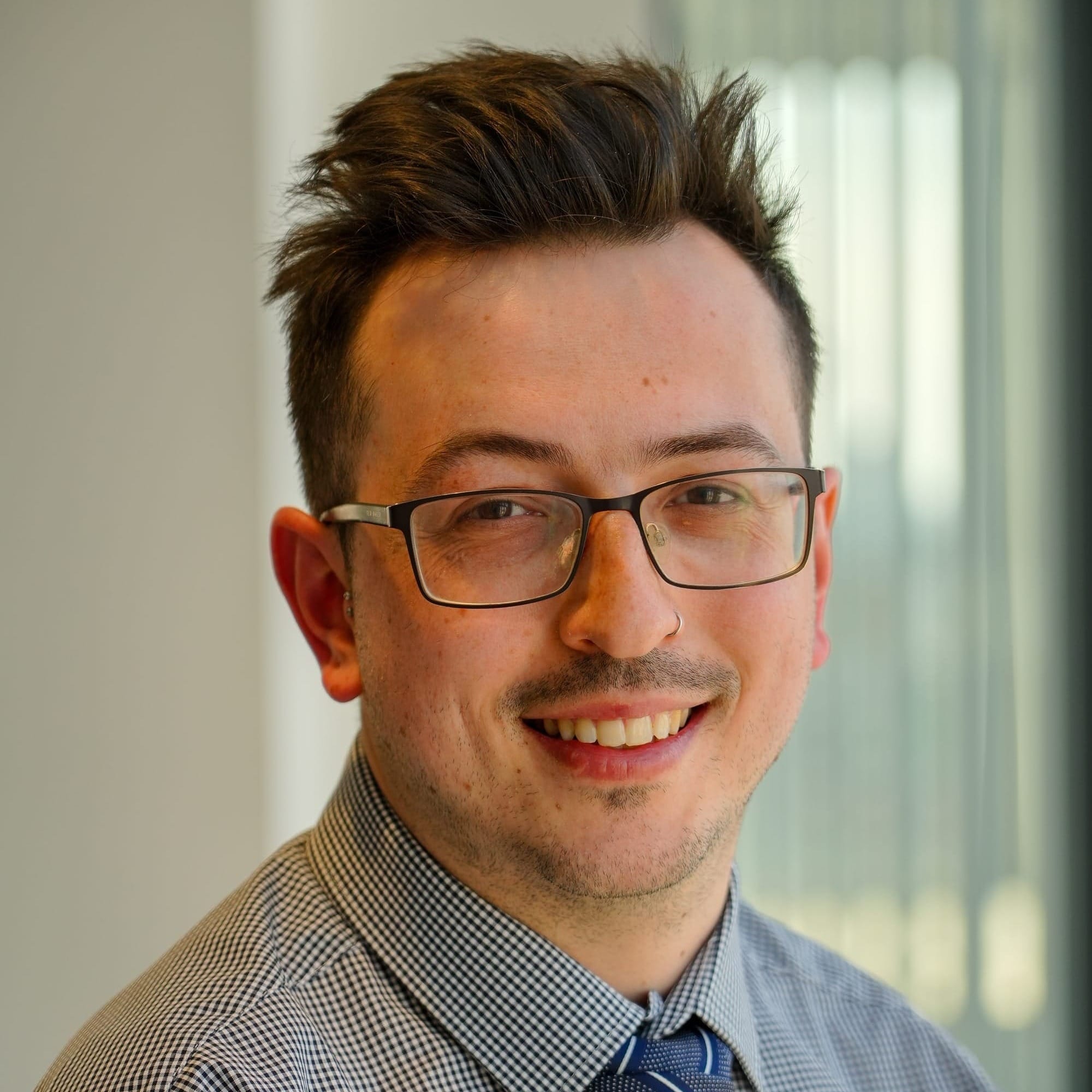Solutions journalism superstars: Innocent Eteng, managing editor, Prime Progress
How do you sustain solutions stories when the training and funding of a grant programme runs out? We asked SJN Lede Fellows for their best advice



How do you sustain solutions stories when the training and funding of a grant programme runs out? We asked SJN Lede Fellows for their best advice


This article was migrated from an old version of our website in 2025. As a result, it might have some low-quality images or non-functioning links - if there's any issues you'd like to see fixed, get in touch with us at info@journalism.co.uk.
The Solutions Journalism Network has run an annual Lede Fellowship since 2020, designed to fund and foster solutions journalism projects around the world. But when the training and funding runs out, how do you continue doing solutions journalism? In this short series, we speak to some of the top graduates about the lessons of the fellowship and sustaining them in the real world.
Innocent Eteng is the founder and managing editor of Prime Progress, a social impact and accountability journalism platform based in Nigeria, launched as part of his involvement on the Lede Fellowship 2021.
Prime Progress takes a multimedia approach to investigative and solutions reporting, focusing on repressive cultural, religious, and social practices and stereotypes impacting individuals and communities.
It has gathered interest amongst young audiences; 60 per cent of its readers are aged between 18-34 years old. Three-quarters of its audience are also domestic readers in Nigeria, and the remaining quarter is spread across the US, Europe, the rest of Africa, and a fraction from Asia.
Q: How seriously were you pursuing solutions journalism before the SJN's LEDE fellowship?
IE: Before the Lede fellowship, I mostly did solutions journalism as a freelance journalist. Though I was doing it regularly, it largely depended on whether or not editors (like those I wrote for at the Christian Science Monitor, Yes Magazine, TRT WORL) commissioned my solutions journalism ideas.
Q: What did you work on and what did you want to achieve?
IE: With the Lede fellowship, I successfully launched Prime Progress in March 2021, and I started training beginning writers and student journalists to do more solutions journalism stories for us. And we are still doing it. We have the second highest (67) reports on the Solutions Journalism Network's Story Tracker in Nigeria, after Nigeria Health Watch (with about 80+), which has been around for a long time.
The idea of launching a solutions journalism platform has been there since 2019. But the fellowship became the springboard to refine it through our public narrative sessions and shared ideas and challenges.
I also trained about 45 mass communication students at the University of Nigeria in solutions journalism as part of the Lede fellowship. Some - including those who have now graduated - are now part of the Prime Progress ecosystem as writers, editors and trainers.
Tweet content
— User View on Twitter
Q: What lessons have you taken from the fellowship and use every day?
IE: I learned to stay open, test ideas in a small way, measure the outcomes and then decide. For example, I thought we could turn out several weekly stories when I started Prime Progress. But with discussions with cohort members, I realised that slowing down and focusing on quality over quantity was all we needed to gain and keep readers.
I also learned that collaboration speeds up things, and solo work could be exhausting.
Q: What influence has the fellowship had on you?
IE: Some of our most dedicated solutions journalists came from the first training session we organised in June 2021 for mass communication students at the University of Nigeria. We discovered journalists like Violet Ikong, who today works as a solutions journalist and a *Prime Progress* trainer.
It also connected Prime Progress with other African media owners working solutions journalism into their approach. Exchanging ideas with these cohort members was a bonus. The Lede fellowship also made us part of the broader network of practitioners, whose knowledge and resources we continue tapping into.
Q: What does the data say about solutions journalism at Prime Progress?
IE: Our solutions journalism stories typically perform better than other stories, up to 30-to-50 per cent difference in reader interest.
Q: What are the barriers to doing solutions journalism beyond a scheme like the Lede Fellowship?
IE: One barrier is that there are limited funding opportunities for solutions-only platforms. To solve this, we are gradually incorporating micro beats that could help us get the needed ad and grant support to keep pushing. Our Screw Stereotype, repressive culture and climate desks resulted from this. However, we try to retain a social impact angle in most of our reporting.
Q: What’s one piece of advice that has stuck with you for doing long-term solutions journalism?
IE: Solutions journalism sells - do it until it becomes what you are known for, innovate and keep innovating around it. Before long, it will fetch you a loyal and happy audience, including revenue opportunities.